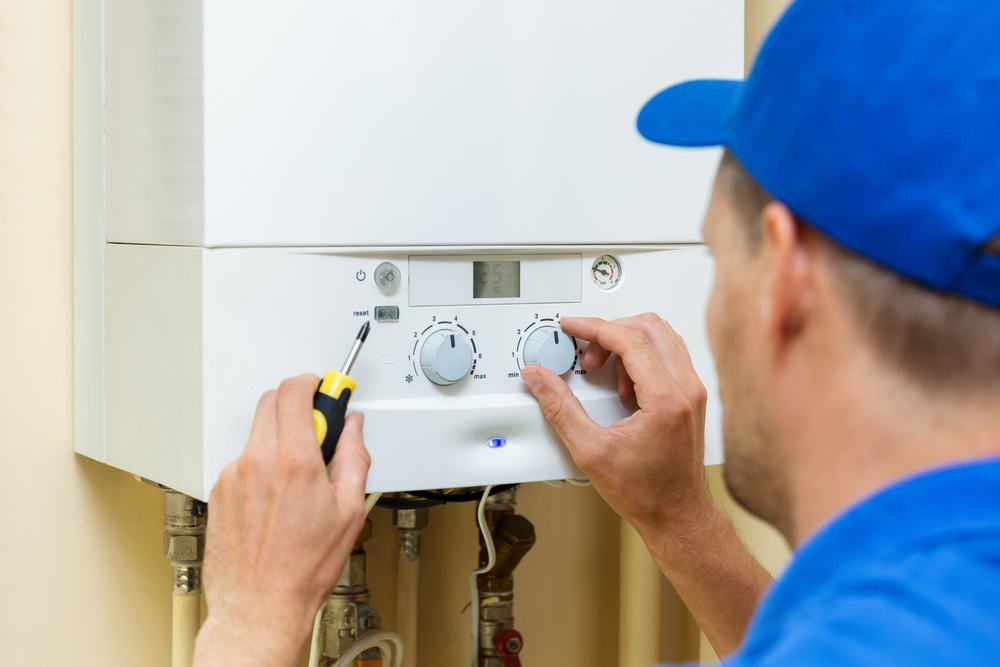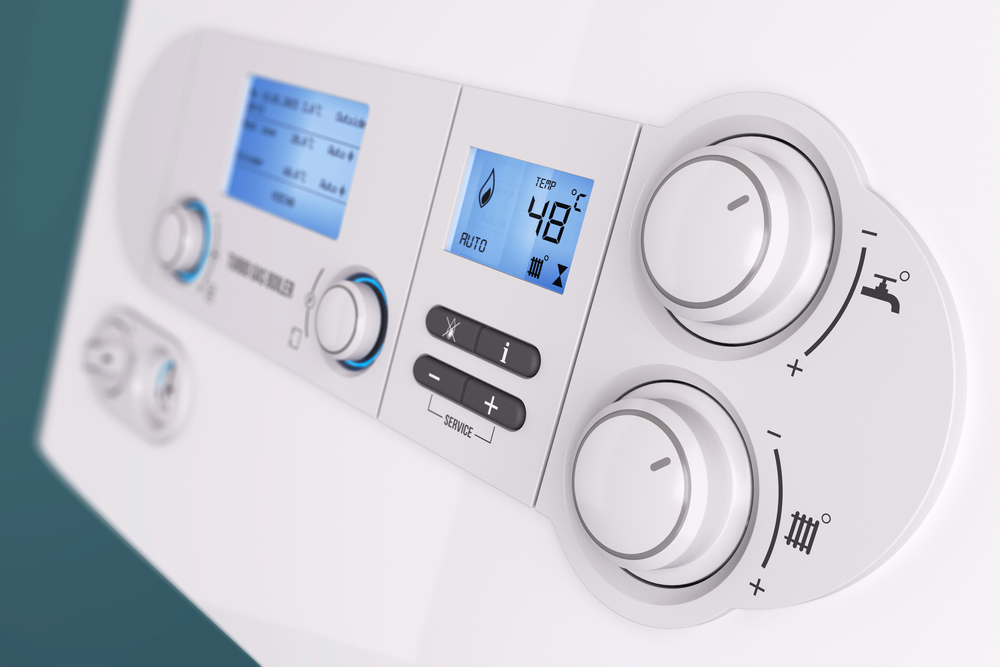An Energy-Efficient Boiler Won’t Boil the Utility Budget
Some homes have a furnace, others have a boiler. The difference is that a boiler uses water to produce the heat that warms the home. No matter how the home’s climate is warmed for comfort, the bill for heating and cooling typically represents the majority of the energy use for a home.
Since heating and cooling is such a costly factor for the household energy budget, choosing energy efficient heating and cooling systems can help save money. An energy-efficient boiler will help warm the home without boiling the energy costs or the budget!
What Makes a Boiler Energy Efficient?
Energy-efficient boilers are eligible for the ENERGY STAR label; homeowners looking for the most energy-saving boilers might keep an eye open for that iconic star label. According to ENERGY STAR, the certified boilers “…have annual fuel utilization efficiency (AFUE) ratings of 87% or greater for oil boilers and 90% or greater for gas boilers.”
Energy efficient boilers typically feature an ignition that is powered by electricity, unique technologies that mean that they can produce more heat with the same amount of fuel, as well as sealed combustion.
The Department of Energy explains that the most energy-efficient boiler could save homeowners more than $1,400 over the product’s lifetime.

Choosing an Energy-Efficient Boiler
Like with most heating and cooling systems, upgrading to an energy-efficient boiler might be a decision that a homeowner makes when their old boiler is near the end of its life. A new boiler is expensive—more than $1,000—and most homeowners won’t want to invest in a new boiler until it is warranted.
When homeowners are shopping for an energy-efficient boiler, they can use ENERGY STAR to find the best model for their needs. ENERGY STAR lets homeowners search for boilers based on energy efficiency and by brand name, too.

Smart Thermostats and Energy-Efficient Boilers
Homeowners who want to optimize the energy-efficiency of their boiler also can install smart thermostats to control the temperature of their home. A smart thermostat usually allows homeowners to download an app to their phone or device.
Using the app, homeowners can control the temperature of their home from anywhere. They also can set programs to change the temperature of their home when they are at work, sleeping or even away on vacation.
Some smart thermostats also can be integrated into the Internet of Things (IoT) and can be controlled by smart assistants. Using IoT, homeowners could give their smart assistant a command to change the temperature. This provides greater control and convenience to homeowners.
For homeowners that really want to embrace energy savings, they also can opt for milder temperatures during winter and summer. While some homeowners love to keep their home at a balmy 72 degrees Fahrenheit during the winter, this temperature might cause heating costs to soar. The optimum temperatures for energy efficiency are 68 degrees Fahrenheit during the winter and 78 degrees Fahrenheit during the summer.
Are Energy-Efficient Boilers Eligible for Rebates?
Some energy-efficient heating and cooling systems could qualify for rebates that help offset the cost. Homeowners can search for rebates in their area using the ENERGY STAR Rebate Finder tool.
However, homeowners also can find rebates when they use benefyd to conduct a home energy audit. A home energy audit helps homeowners find sources of energy waste in their home and also can help homeowners understand how to lower their utility costs.
Homeowners can download the benefyd app for free on Google Play or the App Store. To conduct a home energy audit using the app, homeowners will need their most recent utility bills. The app will require homeowners to enter energy use data for their home; homeowners also will need to snap a photo of each room in their home (a home ‘selfie’).
The app will show homeowners all the potential energy drains in their home and help homeowners understand how to lower their energy costs. Homeowners also can use benefyd to find applicable rebates.
When to Replace a Boiler
Most boilers can last about two decades (15-20 years). However, as the boiler ages, it might not be as efficient. How do homeowners know when it’s time to replace their boiler?
Like with most major heating and cooling systems, it might be time to replace it if the maintenance costs are getting extensive. Homeowners also could notice that it’s just not working as well. In addition, if the boiler is corroding or leaking, that’s another sign that homeowners need to call a pro and, perhaps, prepare for a replacement.
When homeowners are due for a new boiler, an energy-efficient option could save them money over time and heat their home without causing the utility bill to boil over the budget.


